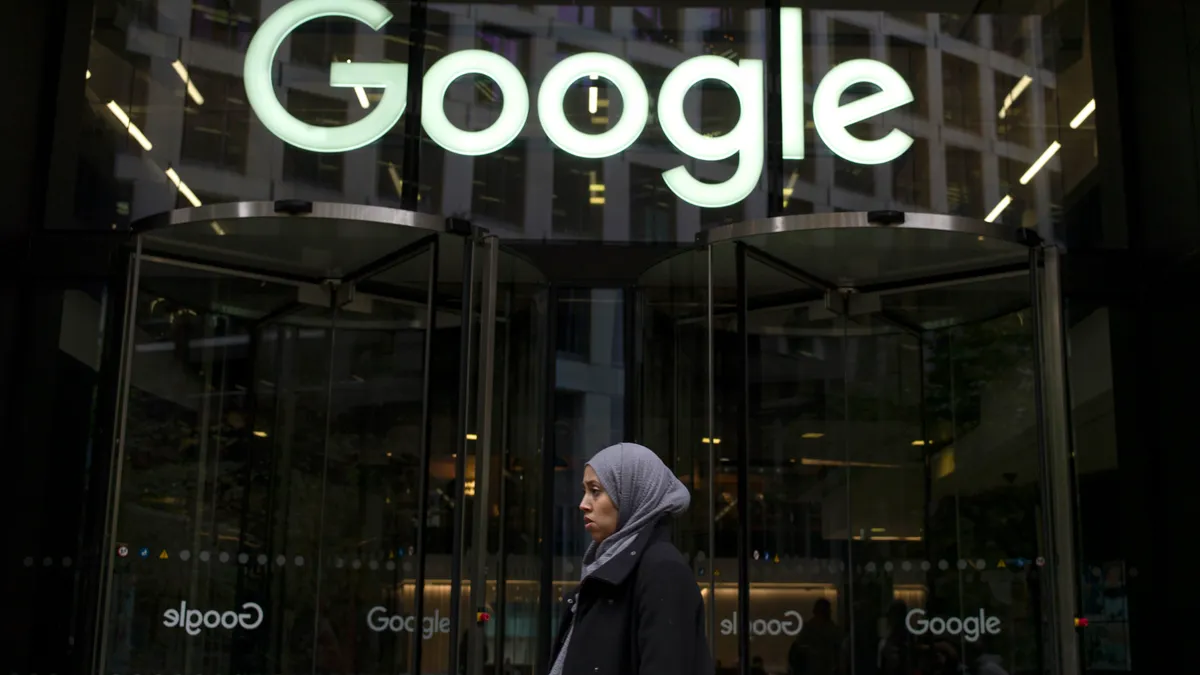Dive Brief:
- Google released its highly anticipated family of multimodal large language models called Gemini Wednesday, the company said. Gemini comes in three sizes: Ultra, Pro and Nano.
- The model is able to run efficiently across various platforms, including data centers and mobile devices, Alphabet CEO Sundar Pichai said in the blog post. The company’s generative AI tool Bard will sport a fine-tuned version of Gemini Pro and the foundational models will be available in Duet AI and Vertex AI in the coming weeks.
- Gemini Ultra, the largest of the three Gemini models, outperformed OpenAI’s GPT-4 in nearly every benchmark, according to Google’s research.
Dive Insight:
As the year wraps up, technology providers are reemphasizing their commitment to generative AI innovation through new releases and product roadmaps.
Microsoft laid out the 2024 roadmap for its generative AI-powered tool Copilot Tuesday.
The tool will soon be equipped with OpenAI’s latest model, GPT-4 Turbo, which will let users tackle more complex and longer tasks. The company is testing Copilot with GPT-4 Turbo with select users and general availability is expected in the coming weeks, according to Microsoft.
Microsoft plans to introduce a capability that enables the tool to reverse image search via Bing. Copilot is also expected to become a better coding assistant next year. With Code Interpreter, users can use Copilot for data analysis, visualization, math and more accurate calculations.
Coding expertise is an area several foundational model developers are targeting. Google highlighted Gemini’s ability to perform advanced coding skills such as working across different programming languages.
Google used Gemini to create AlphaCode 2, “which excels at solving competitive programming problems that go beyond coding to involve complex math and theoretical computer science,” according to the blog post.













